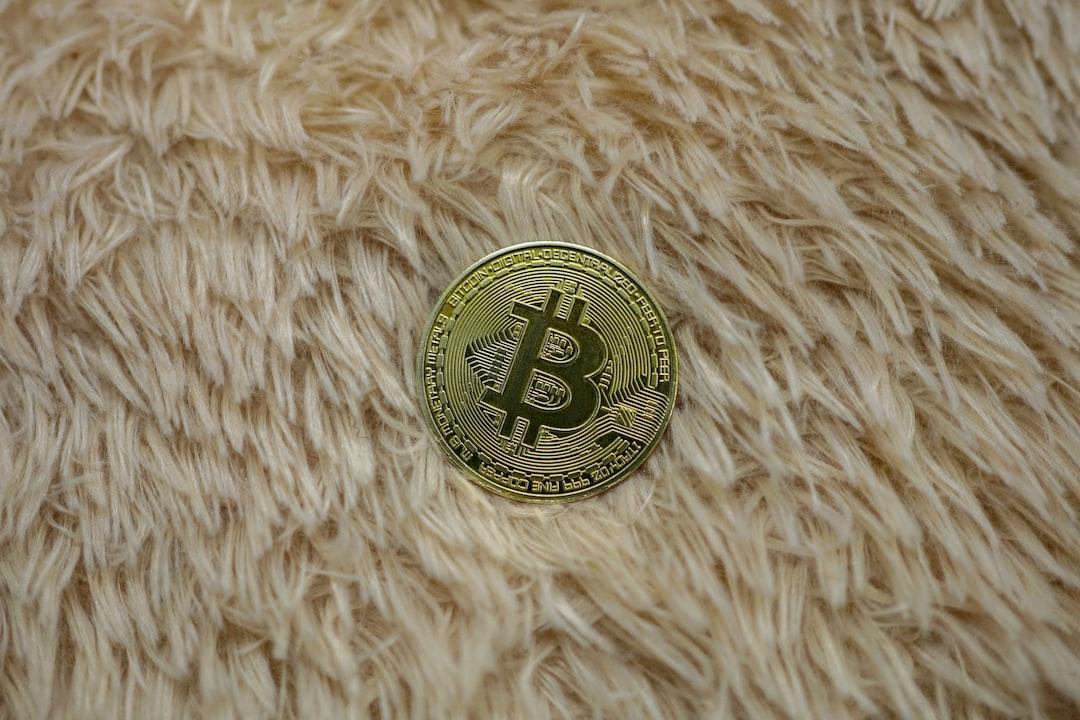Newly revealed documents indicate over 20 instances where regulators allegedly pressured banks to suspend crypto services, raising concerns about a covert crackdown on U.S. crypto companies.
20 Covert Regulatory Actions Targeting Crypto in Operation Chokepoint 2.0
Coinbase's chief legal officer, Paul Grewal, disclosed findings related to what he describes as "Operation Chokepoint 2.0," on social media platform X last Friday. He argues that this government action is intended to restrict financial access for compliant American crypto companies.
These revelations originated from a Freedom of Information Act (FOIA) lawsuit filed by Coinbase, necessitating the Federal Deposit Insurance Corporation (FDIC) to divulge details about its "pause letters" sent to financial institutions. According to Grewal, these letters depict the regulator specifically targeting crypto banking services, reinforcing his claims of a coordinated government initiative against the crypto industry.
"The contents are a disgraceful example of a government agency attempting to cut off financial access to law-abiding American companies," commented Grewal, adding:
So far, we have uncovered over 20 instances where the FDIC has instructed banks to 'pause,' 'refrain from providing,' or 'not proceed' with offering crypto-banking services.
"The public is entitled to transparency, not an agency operating behind a bureaucratic curtain," emphasized the Coinbase legal chief.
Although Coinbase has yet to secure the entire collection of letters, Grewal stated that what has been revealed so far is significant. He reaffirmed Coinbase's dedication to obtaining full disclosure through FOIA and "any other necessary means," sharing a link to the partially disclosed documents to encourage public scrutiny of the FDIC's actions.
The phrase "Operation Chokepoint 2.0" refers to federal efforts to restrict crypto firms' access to banking services, akin to the original 2013 Operation Chokepoint. The original program, terminated in 2017, was criticized for pushing banks to exclude "high-risk" industries, like payday lending and firearms, deemed legal. Crypto advocates argue that the FDIC, along with the Federal Reserve and Office of the Comptroller of the Currency (OCC), may now be applying similar pressure against cryptocurrency firms despite their legal compliance.

